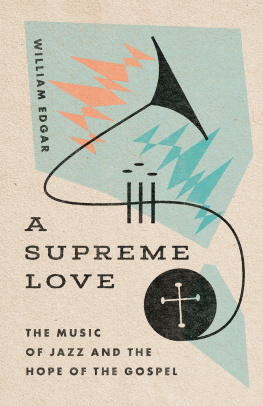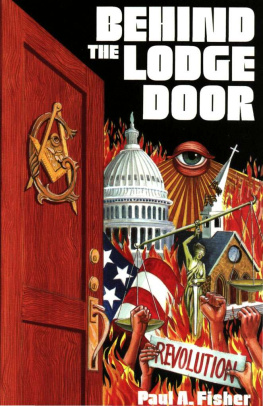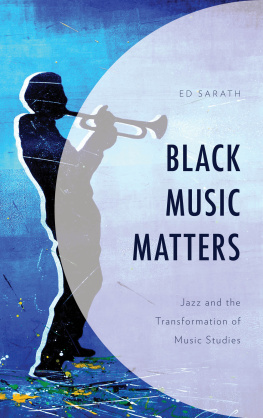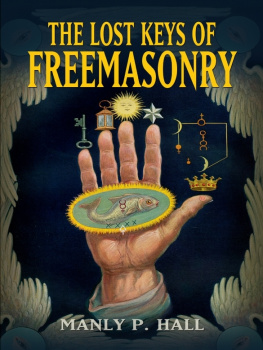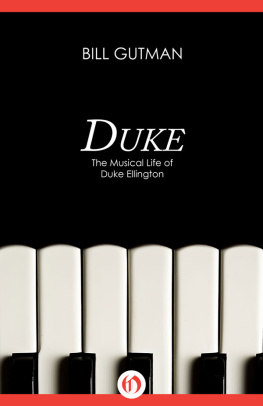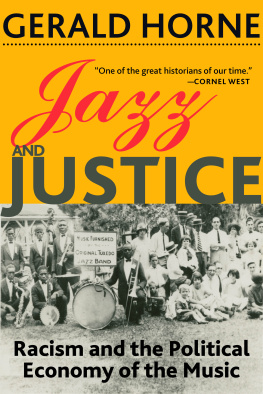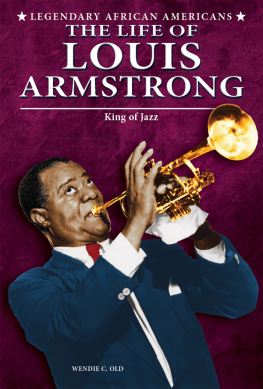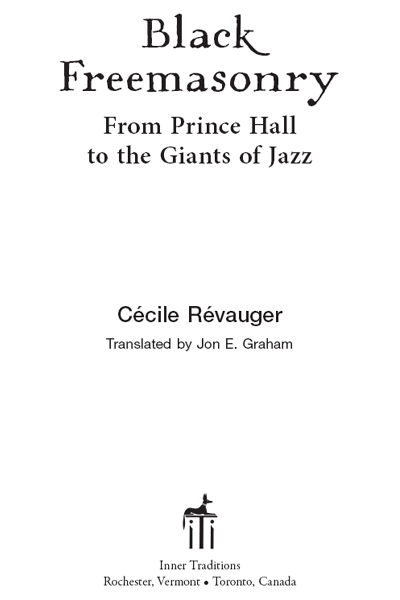
Black Freemasonry

Eminently qualified to write about black Freemasonry, Ccile Rvauger depicts with great accuracy how the split of American Freemasonry along racial lines arose and how it still persists, despite some progress within contemporary society. She also perfectly analyzes why it still remains difficult today to overcome prejudices, which are part of a legacy from the Founding Fathers. Her remarkable impartiality provides a balanced analysis of the present situation. Cciles work is an important addition to the world of scholarship as well as part of an effort to continue to build bridges in Freemasonry. I warmly recommend this book to every Mason wishing to better understand what kind of challenges remain today.
ALAIN DE KEGHEL, LIFE MEMBER OF THE SCOTTISH RITE RESEARCH SOCIETY, SOUTHERN JURISDICTION
In her timely new book, Ccile Rvauger offers a fresh examination of race, class, and social interaction in North America and the Caribbean, through the lens of three hundred years of Masonic history. What makes the study most remarkable is the unique perspective Rvauger brings to the discussion of race relations in the Americas, giving readers the advantage of her scholarly expertise, as well as her privileged status within Masonry, to help us see into the sanctuary of an organization based on the equality of brothers, but which of necessity exists and works in a world rife with inequalities. The Masonic brethren she describes are men of their time and milieu, adapting in new ways the timeless ancient landmarks of Freemasonry to fit the needs and aspirations of their lodges and communities.
SUSAN MITCHELL SOMMERS, PH.D., PROFESSOR OF HISTORY,
SAINT VINCENT COLLEGE, AND AUTHOR OF
THOMAS DUNCKERLEY AND ENGLISH FREEMASONRY
Ccile Rvauger has done a commendable job documenting the struggles and triumphs of black Freemasonry in the United States. Her book should be required reading for all members of the Craft, regardless of their race or ethnicity. It is my sincere hope that the lessons learned from this scholarly study of the history of the Prince Hall Rite will establish, among all Freemasons, a new standard by which their capacity for brotherhood will be measured.
ANTHONY T. BROWDER, FOUNDER AND DIRECTOR OF
THE INSTITUTE OF KARMIC GUIDANCE AND AUTHOR OF
FROM THE BROWDER FILE: 22 ESSAYS ON THE AFRICAN AMERICAN EXPERIENCE
Masonic paradoxes embodied in a book! Black Freemasonry is not just about African American citizens joining a traditionally white fraternity. Ccile Rvauger shows how this institution can be a place to seek freedom, create identity, or be enlightened but also can intensify divisions or encourage discrimination. A must-read for people interested in Masonic history, but also for anyone who wonders what equality, brotherhood, and inclusiveness mean.
MARA EUGENIA VZQUEZ-SEMADENI, PH.D.,
ASSISTANT ADJUNCT PROFESSOR OF HISTORY AT UCLA
Among the fascinating social and cultural insights offered by the history of Freemasonry and fraternal organizations, one of the most remarkable and most compelling stories is that of the role of African Americans in Freemasonry, particularly Prince Hall Freemasonry, established in Boston. In this engaging and accessible study, Professor Ccile Rvauger provides an introduction to the history of blacks within Freemasonry, analyzing the racism and other obstacles they confronted. The story told by Professor Rvauger is by turns heroic, unsettling, and thought provoking.
ANDREW PRESCOTT, PROFESSOR OF ENGLISH LANGUAGE,
UNIVERSITY OF GLASGOW
Acknowledgments
To the Franco-American Commission for Educational Exchange for awarding me a Fulbright grant;
to the Schomburg Center for Research in Black Culture, New York;
to the library of the Grand Lodge of New York, the Chancellor Robert R. Livingston Masonic Library, and most particularly to its director, Tom Savini, and archivist, Catherine Walker;
to the Masonic library of London, the Library and Museum of Freemasonry, and most particularly to the director, Diane Clements, archivist, Susan Snell, and librarian, Martin Cherry;
to the library of the Grand Orient of France and to the Museum of Freemasonry in Paris, and most particularly to their directors, Pierre Mollier and Ludovic Marcos;
to Paul M. Bessel, an expert in the history of American Freemasonry and officer of the Grand Lodge of Washington, D.C.;
to Joseph Cox, author of Great Black Men of Freemasonry, who graciously welcomed me to his home in the Bronx, New York;
to Michael A. Delgado, secretary of the Scottish Rite Research Institute of Prince Hall;
to the Prince Hall Grand Lodge of New York and its past grand master, Thomas Jessamy, who invited me to the Harlem Temple;
to the Prince Hall Grand Lodge of the Caribbean and most particularly to the past grand master Hermon A. Gaskin;
to the Lodge Fraternit de la Carabe n 10 and most particularly to one if its members, Roland Nestoret;
to Ren Le Moal, the director of the LUnivers Maonnique collection of Dervy ditions, for his support since the publication of the first edition of this book and his participation in making it better;
to Alain de Keghel, life member of the Scottish Rite Research Society and author of Le dfi maonnique amricain (Paris, Dervy, 2014), who was instrumental in bringing about the Italian and American editions of this book.
Foreword
By Margaret C. Jacob, Ph.D.
When the first lodges opened their doors in Paris, in the first decade of their existence, the 1740s, there were in attendance merchants, army officers, women, a priest or two, and, not least, a black musketeer from the Kings Guard. Reading that evidence for the first time in the 1980s and knowing the tortured history of race relations in American Freemasonry, the historian could only be amazed and heartened. It did not, however, augur the future for lodges in the colonies of the European powers. Anyone who has ever lectured to an audience of Freemasons in the contemporary American South would notice immediately the sea of white, male faces cordially greeting the speaker. The segregation of Freemasonry in the Americas, but particularly in the United States, is as old as the American republic. That is why the story that Ccile Rvauger tells in this fascinating book about black Freemasonry is so important.
Prince Hall must have been a remarkable man who possessed a deep understanding of the evils of slavery and worked to do something about them. As this book tells us, we know so little about his life that conjecture must replace hard facts. What is clear is that he took the message about all men meeting upon the level and brought Freemasonry into the lives of free blacks living in the North. He spoke eloquently about the horrors of slavery that he knew personally. Did he think that a full integration would someday be possible?
We will never know. What we do know is that all the idealism inherent within Freemasonry could not match the virulence of American racial hatred and suspicion.
Perhaps black Freemasons were right to keep themselves apart from mainstream white Freemasonry. Certainly its structure of having a grand lodge for every state and no national umbrella grand lodge worked until very recently in favor of the segregationists and white supremacists. Lodges for blacks may have helped build community among men whose masculinity had been denied or derided. We can only hope that the separatism is no longer necessary, because it is a black mark on American Masonic history. Books like this one show us how the mark was made and bring to the subject a refreshing look by a master historian, woman, and French Freemason. We are all in her debt.
Next page

